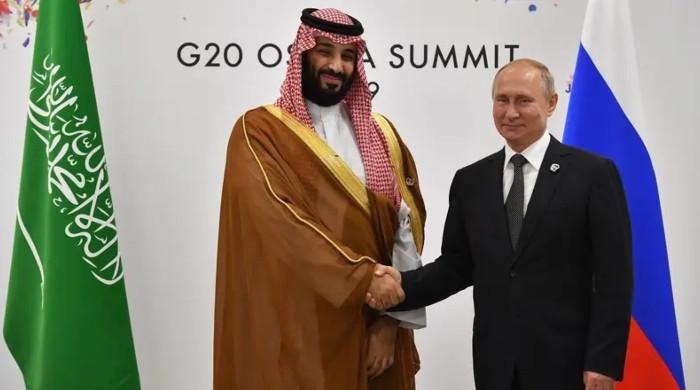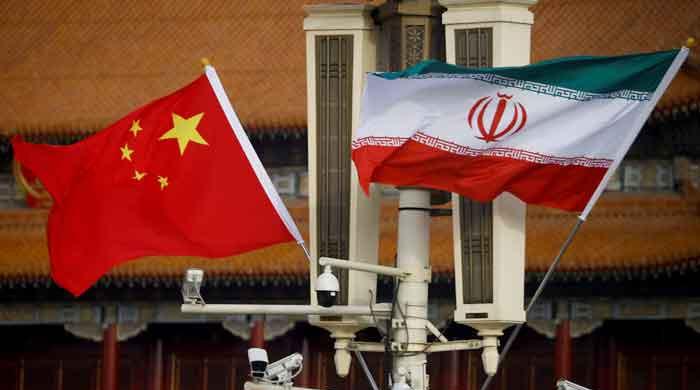Indian troops kill five Maoist rebels in bid to end prolonged armed conflict
Clashe between Maoist rebels and Indian troops took place in Maharashtra, which holds state elections next month
October 22, 2024

Indian commandos killed five Maoist rebels in the jungles of central India, on Tuesday, as security forces ramp up the government's efforts to dismantle the long-standing insurgency.
The Naxalite movement has claimed over 10,000 lives of over the decades, advocating for the rights of marginalised indigenous populations in the resource-rich regions of central India.
Recent years have seen a significant decline in the insurgency's activity, with government data indicating nearly 200 rebels killed this year alone.
The recent clash, which resulted in the killing of the five Maoist rebels, took place Monday in Maharashtra, which holds state elections next month.
"Five Naxalites were killed after they opened fire on security forces," police superintendent Neelotpal was quoted as saying by local media.
The Times of India newspaper reported that three of those killed were women, and that a commando wounded in the firefight had to be pulled out by helicopter while under fire.
In September, Indian interior minister Amit Shah warned the Maoist rebels to surrender or face an "all-out" assault, saying the government anticipated eradicating the Naxalite movement by early 2026.
The Naxalites, named for the district where their armed campaign began in 1967, were inspired by the Chinese revolutionary leader Mao Zedong.
They demanded land, jobs and a share of the region's immense natural resources for local residents, and made inroads in a number of remote communities across India's east and south.
The movement gained in strength and numbers until the early 2000s when New Delhi deployed tens of thousands of security personnel against the rebels in a stretch of territory known as the "Red Corridor".
Authorities have pumped in millions of dollars for investments in local infrastructure projects and social spending.












